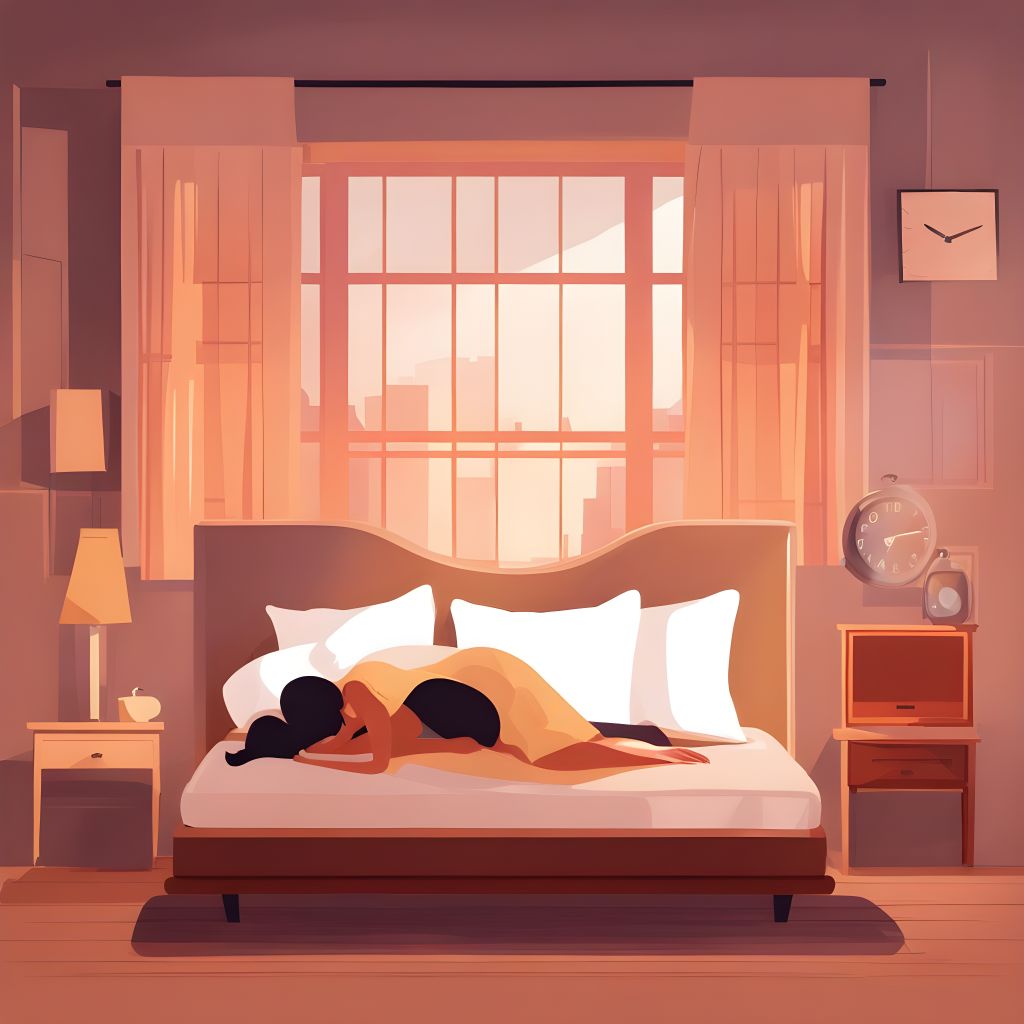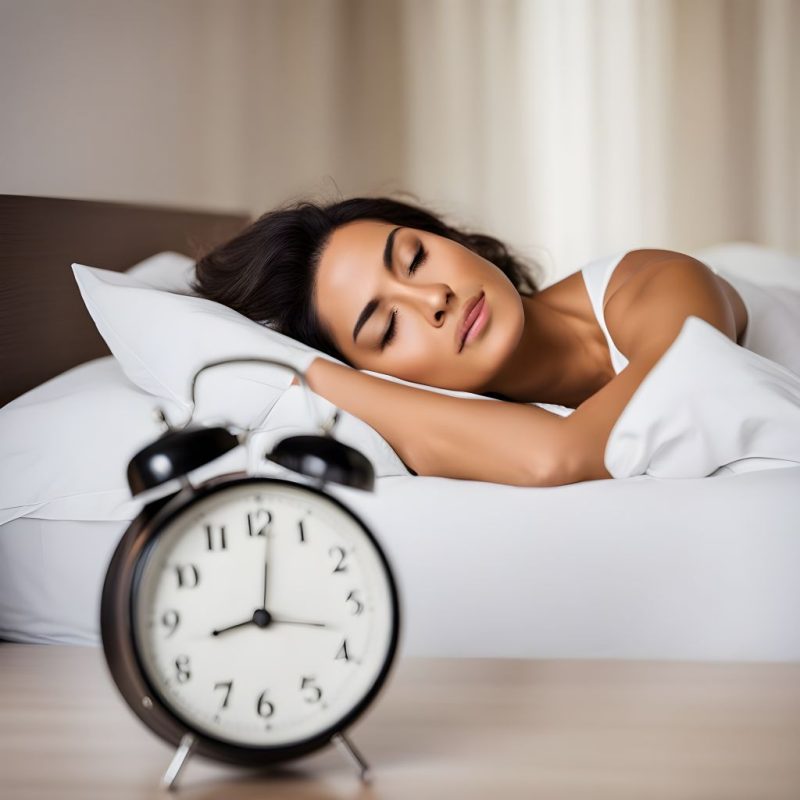Illnesses, Pharmaceuticals
Tips to Avoid Insomnia: A Comprehensive Guide to Restful Sleep
Do you find yourself tossing and turning at night, unable to fall asleep, or stay asleep? Insomnia, a common sleep disorder, can be a frustrating and debilitating experience. The good news is that there are strategies and tips you can implement to help you avoid insomnia and enjoy restful nights of sleep. In this comprehensive guide, we’ll explore various methods and practices backed by authoritative resources to promote healthy sleep patterns.
1. Establish a Consistent Sleep Schedule
One of the fundamental principles of good sleep hygiene is maintaining a consistent sleep schedule. Go to bed and wake up simultaneously every day, even on weekends. This helps regulate your body’s internal clock, making it easier to fall asleep and wake up feeling refreshed. The National Sleep Foundation emphasizes the importance of a regular sleep routine in promoting quality sleep1.
2. Create a Comfortable Sleep Environment
Your sleep environment plays a crucial role in your ability to fall and stay asleep. Make sure your bedroom is conducive to sleep by keeping it dark, quiet, and cool. Consider investing in a comfortable mattress and pillows that provide adequate support. The Sleep Foundation provides tips on optimizing your sleep environment.
3. Limit Exposure to Screens Before Bed
Using electronic devices with screens, such as smartphones, tablets, and computers, can interfere with your ability to fall asleep. The blue light emitted from screens can suppress the production of melatonin, a hormone that regulates sleep. The Mayo Clinic recommends avoiding screens at least an hour before bedtime3.
4. Mind Your Diet and Caffeine Intake
What you eat and drink can significantly impact your sleep. Avoid large meals, caffeine, and alcohol close to bedtime, as they can disrupt your sleep cycle. The National Institute on Aging provides dietary guidelines for promoting healthy sleep4.
5. Engage in Regular Physical Activity
Regular physical activity can improve sleep quality, but it’s essential to time your workouts appropriately. The National Heart, Lung, and Blood Institute recommends finishing exercise at least a few hours before bedtime to allow your body to wind down.
6. Manage Stress and Anxiety
Stress and anxiety can be significant contributors to insomnia. Practice stress-reduction techniques such as meditation, deep breathing exercises, or progressive muscle relaxation. The American Psychological Association offers resources for managing stress6.
7. Limit Naps
While short daytime naps can be refreshing, long or irregular napping during the day can disrupt your nighttime sleep. If you must nap, keep it short (20-30 minutes) and earlier in the day.
8. Avoid Stimulants Before Bed
Certain stimulants, such as nicotine and caffeine, can interfere with sleep. It’s best to avoid these substances, especially in the hours leading up to bedtime. The American Academy of Sleep Medicine provides information on the effects of caffeine on sleep8.
9. Seek Professional Help When Needed
If you’ve tried various strategies to improve your sleep but continue to experience insomnia, consider seeking help from a healthcare provider or sleep specialist. Chronic insomnia may require specific treatments or therapies to address underlying issues. The National Institute of Neurological Disorders and Stroke offers guidance on seeking medical help for sleep disorders9.
10. Practice Relaxation Techniques
Relaxation techniques, such as progressive muscle relaxation or guided imagery, can help calm your mind and prepare your body for sleep. The Sleep Foundation provides resources on relaxation techniques for better sleep10.
Conclusion
Insomnia can be challenging to manage, but with the right strategies and lifestyle changes, you can significantly improve your sleep quality. By following these tips to avoid insomnia and adopting healthy sleep habits, you can enjoy more restful nights and better overall well-being. Remember that it may take time to establish these habits, so be patient and persistent in your efforts to achieve better sleep.
For more information and expert advice on sleep and insomnia, consult authoritative resources like the National Sleep Foundation, the Mayo Clinic, the National Institute on Aging, and the American Academy of Sleep Medicine.
Footnotes
- National Sleep Foundation – Sleep Hygiene ↩
- Sleep Foundation – How to Optimize Your Bedroom Environment for Better Sleep ↩
- Mayo Clinic – Evening use of light-emitting eReaders negatively affects sleep ↩
- National Institute on Aging – Sleep and Aging ↩
- National Heart, Lung, and Blood Institute – How Does Physical Activity Affect Sleep? ↩

